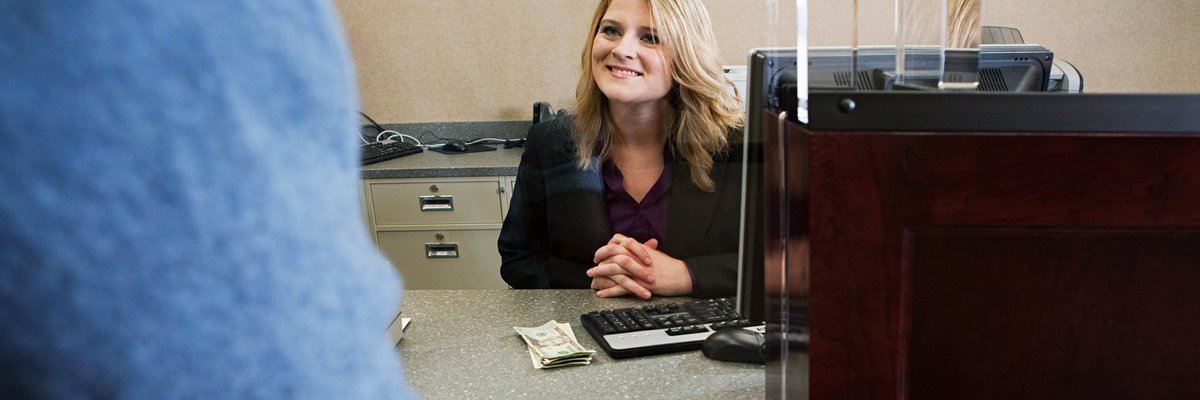3 Ways Banks Keep Your Money Safe
KEY POINTS
- A report found that 81% of American adults are fully banked.
- Many banks and credit unions have deposit insurance covering up to $250,000 of your money in eligible accounts.
- Your bank also protects your money by monitoring your account activity for suspicious transactions.
It's better than keeping cash under your mattress.
Banking is big business in the United States. A 2022 report from the Board of Governors of the Federal Reserve System found that 81% of Americans are fully banked, meaning they have a bank account and didn't use any alternative financial services asked about (such as payday loans or check cashing services). Ultimately, banks offer valuable services, and keeping your money in one is convenient and makes it easier to pay for your expenses.
In addition to the convenience of being able to write a check to pay a bill, or save money for future expenses, when you have a bank account, you also gain a safe place to keep that money. For the following reasons, it's a far better idea to keep your money in the bank rather than as cash in your home.
1. Your deposits are insured
One of the hallmarks of the Great Depression in the United States was bank failures, as people in dire financial straits ran on banks to withdraw all their money, and those banks were unable to fill all account holders' requests. As a response to this, President Franklin D. Roosevelt signed the Banking Act on June 16, 1933, which established the Federal Deposit Insurance Corporation. It went into effect Jan. 1, 1934.
The FDIC is an independent federal government agency that provides protection for up to $250,000 kept in each eligible account should your bank fail. Eligible accounts include savings accounts, checking accounts, money market accounts, and certificates of deposit (CDs). If you keep your money with a credit union rather than a bank, your deposits are insured by the National Credit Union Administration (NCUA) rather than the FDIC.
2. Your money is protected from theft and disasters
Sometimes the threat to your money is closer to home. While we like to think that something bad could never happen to us, the fact is that you could be impacted by a natural disaster like a hurricane or wildfire. While you may have time to evacuate with your important possessions, it isn't guaranteed. You could also fall victim to a house fire or even a robbery, neither of which can be predicted with any surety. On the worst day of your life, and facing property destruction and many calls to your insurance agent, your bank is doing its part to keep your money safe. If you had kept your money under your mattress instead, you may not be so lucky.
3. Your bank monitors your account and offers ways to secure it
Finally, your bank has your back by keeping track of your account's finer details and giving you the opportunity to add more security settings. You can opt for paperless statements, meaning that potential scammers and thieves won't find your financial data in your mailbox. You can also lock your debit card or report it lost or stolen via your bank's website or mobile app. And if you use your debit card for an unusual purchase or in a different place, your bank may well take action to prevent you from being scammed.
For example, I once forgot to alert my bank that I'd be traveling, and ended up needing to call so my account would be unfrozen (I was attempting to use my debit card to buy groceries during a vacation visit to a beach town). While I was annoyed in the moment, I was happy later that my bank was keeping my funds safe in this way.
Your trusty bank account comes with some excellent protections for your money that you just won't get from keeping all your cash at home. And best of all, if your current bank isn't paying you enough interest on your savings, or is charging you nonsense fees, you can switch banks at any time to find the right fit for you and your money.
Our Research Expert




